Pack the Passports: Travel Adventures - Page 2

Mariners Stun Blue Jays 3-1 in ALCS Game 1 at Rogers Centre
Seattle's Mariners beat Toronto 3‑1 in ALCS Game 1, snapping a 24‑year road‑postseason drought and taking a 1‑0 series lead.
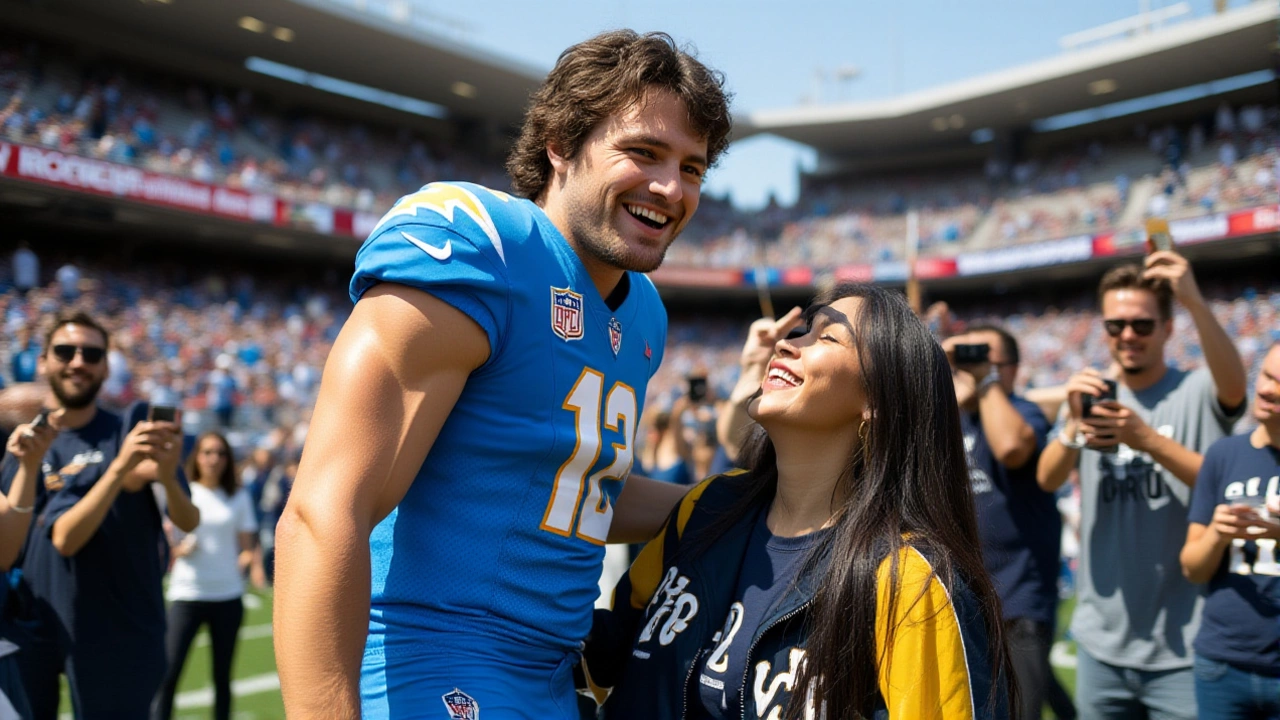
Justin Herbert and Madison Beer Share Sideline Kiss Before Chargers‑Commanders Clash
Quarterback Justin Herbert kissed singer Madison Beer at SoFi Stadium before the Chargers' Oct 5, 2025 game vs. Washington, sparking buzz amid the NFL's growing celebrity‑player romances.
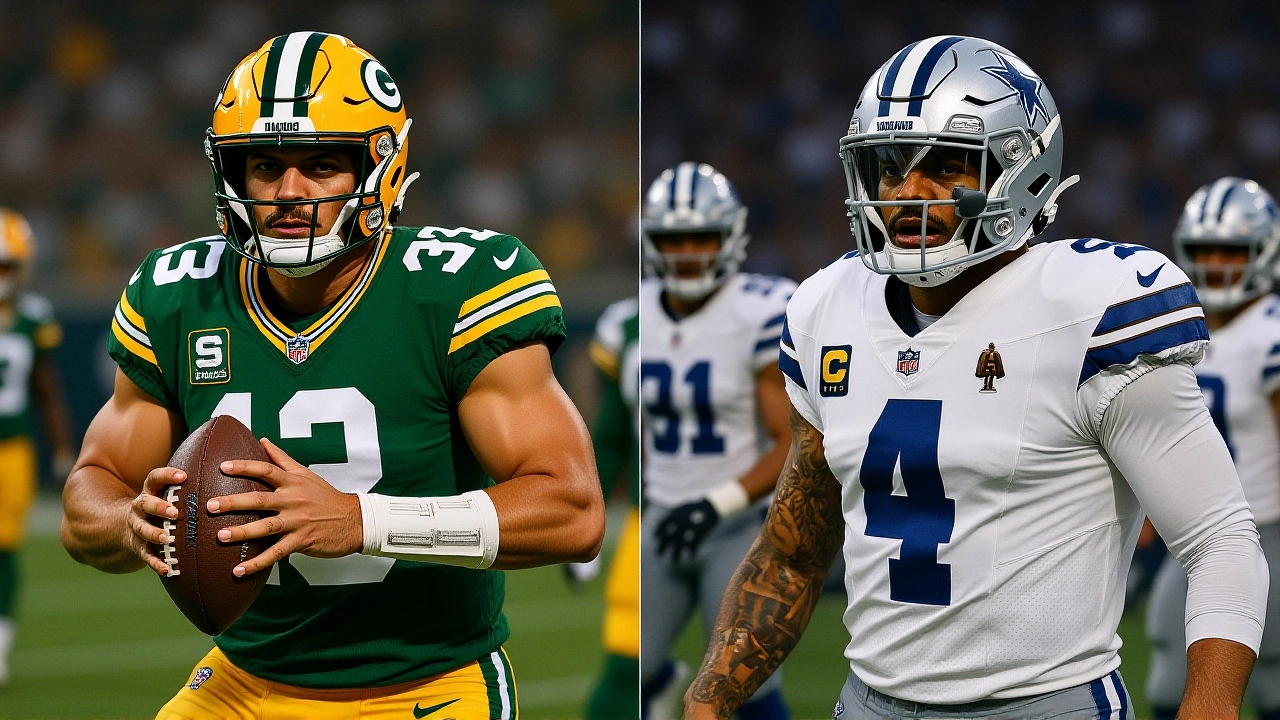
Packers vs. Cowboys End 40-40 Overtime Tie in Thrilling SNF Showdown
The Packers and Cowboys battled to a rare 40‑40 tie at AT&T Stadium, highlighted by Micah Parsons' return to face his former team, shaking up division standings.
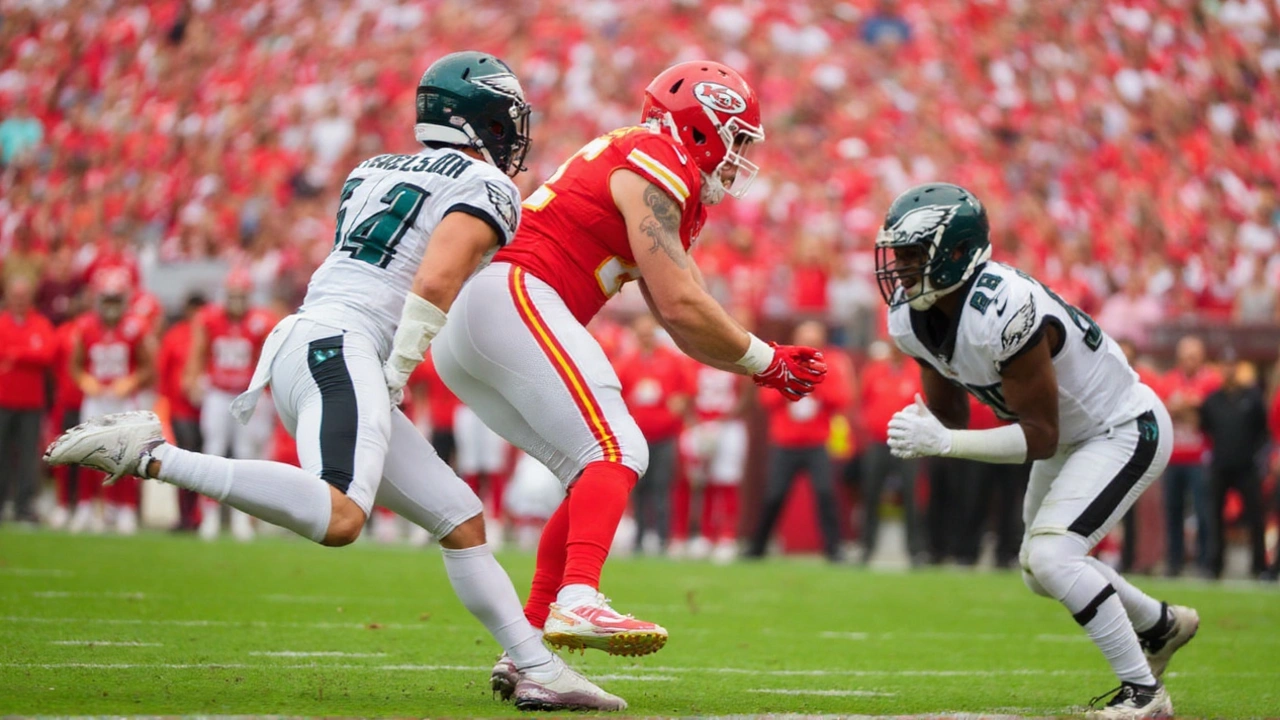
Travis Kelce Blasted by Skip Bayless After Chiefs’ Loss to Eagles: 'Mr. Taylor Swift Dropped the Ball'
Skip Bayless torched Travis Kelce after the Chiefs’ loss to the Eagles, saying a goal-line drop that turned into a pick-six swung the game. He mocked Kelce as “Mr. Taylor Swift” and argued off-field distractions are slowing the team. Bayless also ripped Patrick Mahomes for a missed deep shot while acknowledging his resilience. The defeat, he said, fits a bigger slide for a team he called “crumbling.”
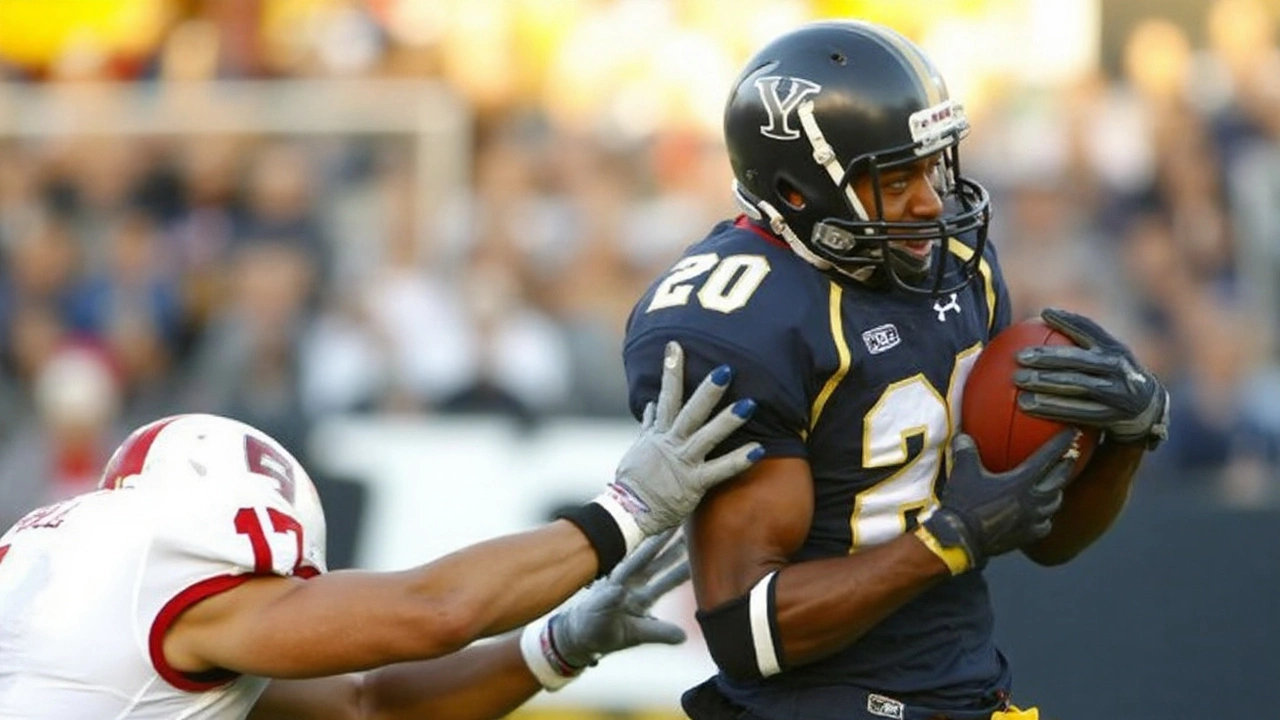
BYU Football vs. Stanford: Series History and What 27-3 Says About 2025
BYU throttled Stanford 27-3 in Provo, a win built on a smothering defense and a balanced, low-risk offense. It pushed the Cougars to 2-0 at home and added another layer to a series that’s been rare but revealing. Here’s what the performance tells us about their 2025 identity and how this matchup has unfolded across two decades.
Jim Otto, Iconic Raider and Hall of Fame Center, Passes Away at Age 86
Jim Otto, celebrated as 'The Original Raider,' has passed away at 86. Otto, drafted during the Raiders' inaugural year in 1960, became central to the franchise's early success. His storied career includes 210 consecutive games, 12 AFL All-Star selections, and an esteemed Hall of Fame induction. Despite numerous injuries, his determination left an indelible mark on the Raiders' legacy.
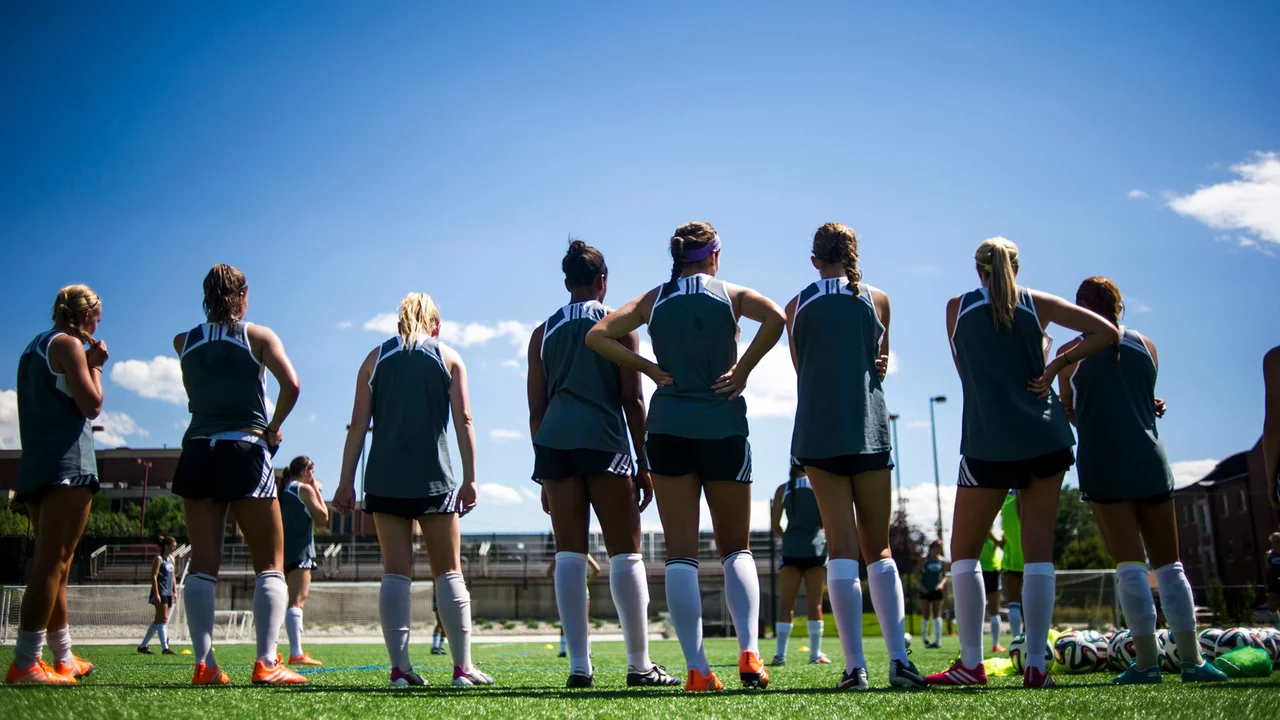
What division is Marist College football?
Well, in the exciting world of college football, our beloved Marist College finds its home in the Pioneer Football League. That's right, folks, they're a proud member of NCAA Division I FCS. Now, you might be thinking, "FCS? Isn't that a lower tier?" But don't let that fool you! This league is packed with action and the Red Foxes can certainly hold their own. So, grab your red and white scarves, because Marist College football is always a thrilling ride!

How much time did you spend playing sports in high school?
Reflecting on my high school days, I spent a significant amount of time participating in sports. I devoted about 15-20 hours a week to practice, games, and tournaments. Sports, especially basketball and soccer, were an integral part of my high school experience, contributing to my physical fitness and teamwork skills. Looking back, I believe the time spent was worthwhile as it not only kept me active but also helped shape my discipline and resilience. Despite the demanding schedule, I wouldn't change a thing about my high school sports involvement.

Sports: TV vs. In Person. Which do you prefer?
Watching sports on TV versus in person is a debate many fans grapple with. While television provides comfort and convenience, the thrill of being in a stadium, the electrifying atmosphere, and the sense of community are unmatched. However, TV coverage offers multiple camera angles, replays, and expert analysis, enhancing the understanding of the game. Cost and time factors also play a part in this decision. Ultimately, the choice boils down to personal preference and what aspect of the sporting experience one values the most.
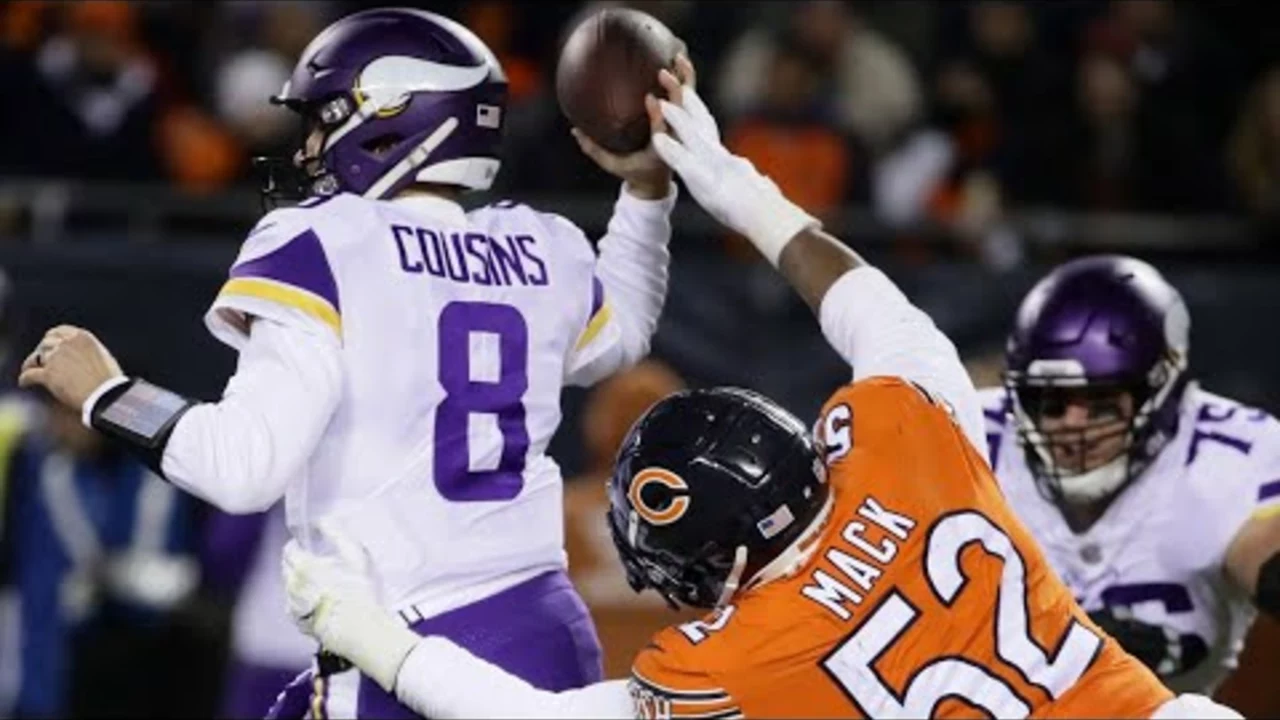
Will Chicago sports teams ever win a championship again?
As a sports enthusiast, I've been wondering - will Chicago sports teams ever taste championship glory again? It's a question that stirs up a lot of debate among fans. While it's impossible to predict the future, we can't discount the potential of these teams, their individual talents, and their resilience. It's a rollercoaster ride, but that's what makes sports exciting, right? So, to answer the question, I believe that with patience, hard work, and a bit of luck, Chicago's championship drought could end sooner than we think.
© 2026. All rights reserved.